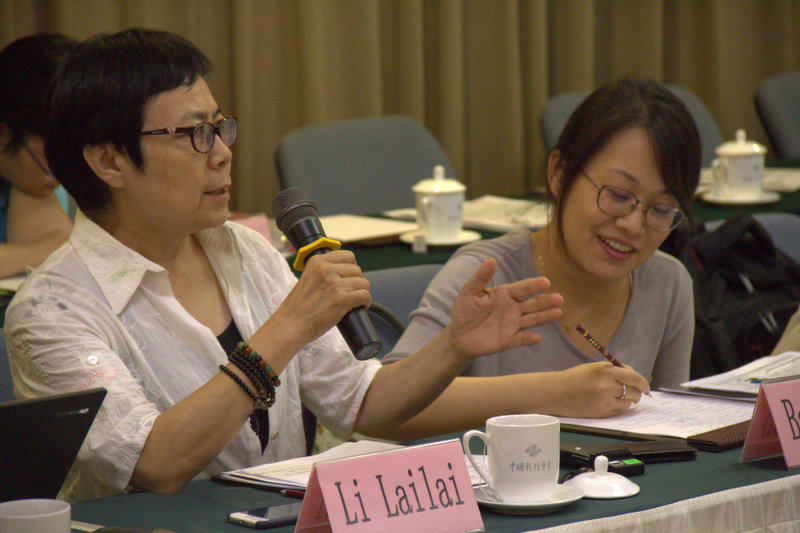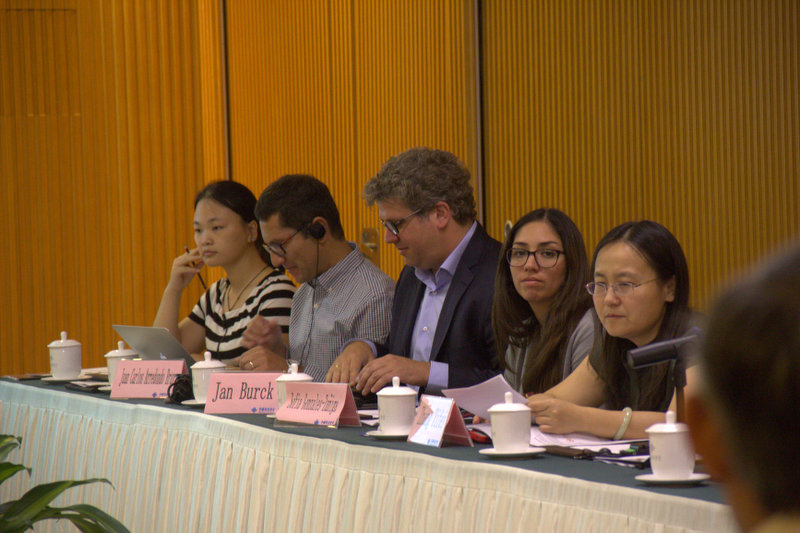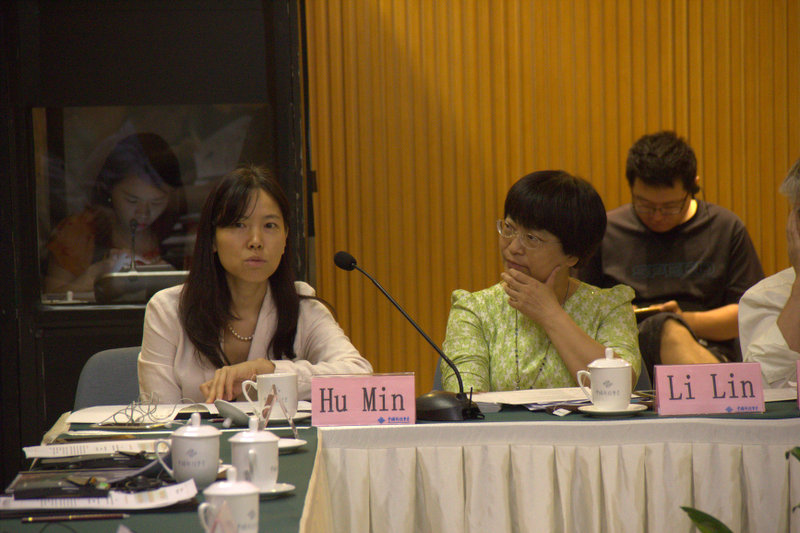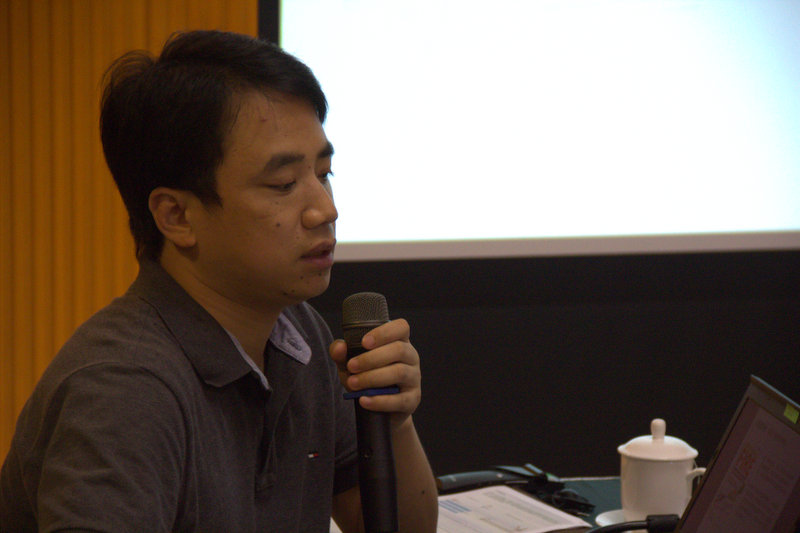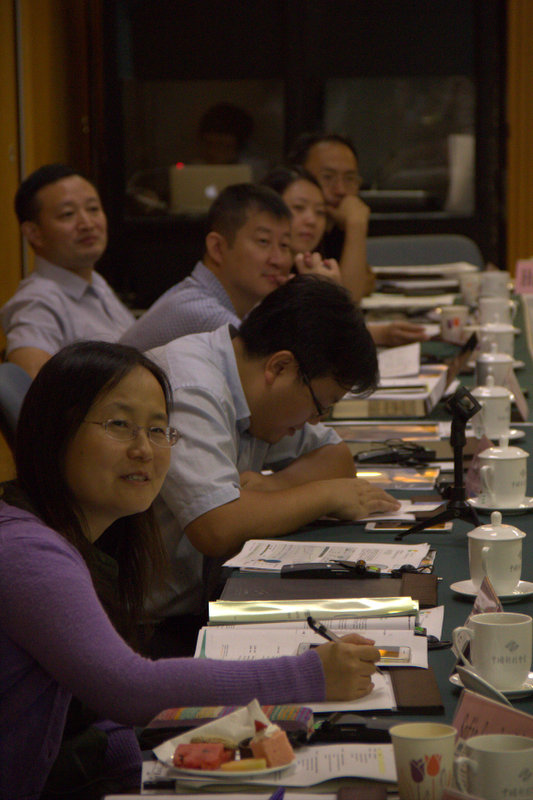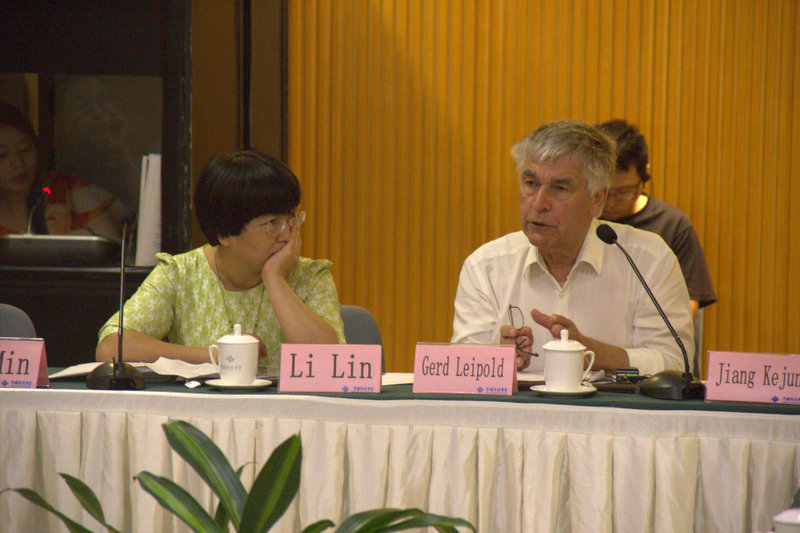Beijing, 1 September 2016; Three days before the G20 Summit in China, the Energy Research Institute of the National Development and Reform Commission, the Energy Foundation of China, WWF China and Climate Transparency hosted the workshop “Brown to Green: Low-Carbon Development of the G20 and China” at the China Hall of Science and Technology.
The workshop convened 25 international and Chinese experts from academia, civil society, government and the finance sector to discuss challenges and opportunities of decarbonisation, the role of the G20 and the special importance of leading economies for a low-carbon climate-resilient future.
The workshop kicked-off with launching the new Climate Transparency report “Brown to Green – Assessing the G20 transition to a low-carbon economy”. The report gives a comprehensive overview of the G20 countries‘ action on climate, measures their progress on decarbonising their economies and evaluates what further actions would be needed to limit the increase in global temperature to well below 2 degrees.
The G20s vital role in climate policy
The presentation of the “Brown to Green” G20 Report was followed by a lively panel discussion on the role of the G20 in climate policy. Panellists – representatives from Iniciativa Climática de Mexico, the Greenovation Hub, World Resources Institute and National Center for Climate Change Strategy and International Cooperation – stressed the G20’s vital role in stimulating green finance through establishing a green finance architecture and supporting the green bond market. Experts further emphasised the need of early ratification of the Paris Agreement of G20 countries, reiteration of their INDCs as well as an increased peer review within the G20.
China’s low-carbon development
In the second part of the workshop, experts discussed China’s transition to a low-carbon economy, including comparisons to other G20 countries. Hu Min from the Energy Foundation China gave a presentation on green leadership and Li Lin, WWF China, and Jiang Kejun, the Energy Research Institute, presented evidence of China’s energy transition stressing the need to reduce consumption of fossil fuels in energy. Further discussions centred on green finance in China, headed by a presentation of Wang Yao from the Central University of Finance and Economics: 20% of bonds issued in China are green bonds, however, disclosure of climate risks by companies, a mandate for environmental responsibility insurance as well as increased development of green financial tools should be promoted. Further contributions focused on non-carbon cities, circular economy, fossil fuel subsidies and approaches to implement the Paris agreement in China.
Media briefing
Twelve journalists from Chinese media attended a media briefing at lunch time. Juan Carlos Arredondo, Jan Burck, Gerd Leipold and Sofia Gonzales from Climate Transparency presented the main results of the “Brown to Green” G20 Report. Jiang Kejun from the Energy Research Institute presented a Chinese perspective. The briefing resonated in various articles in Chinese newspapers including China Daily and the South China Morning Post.


